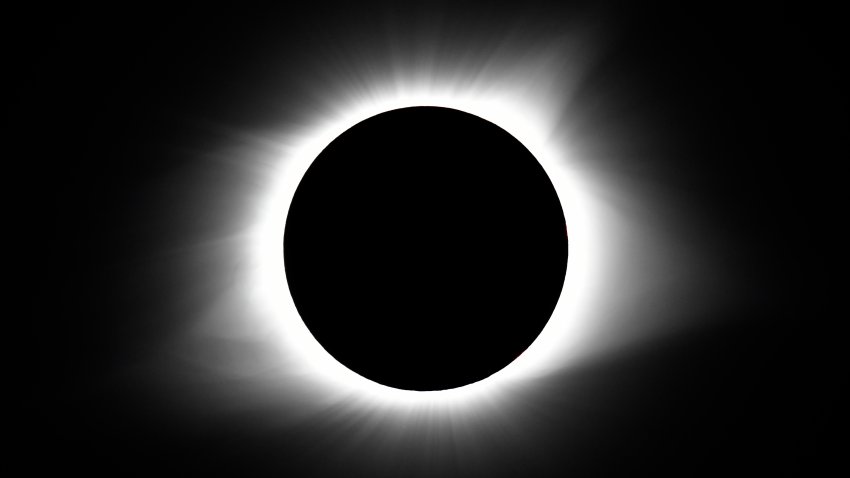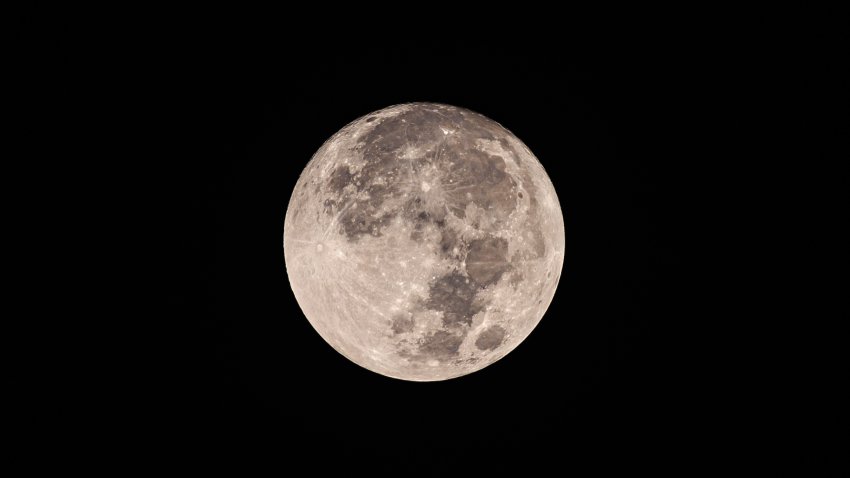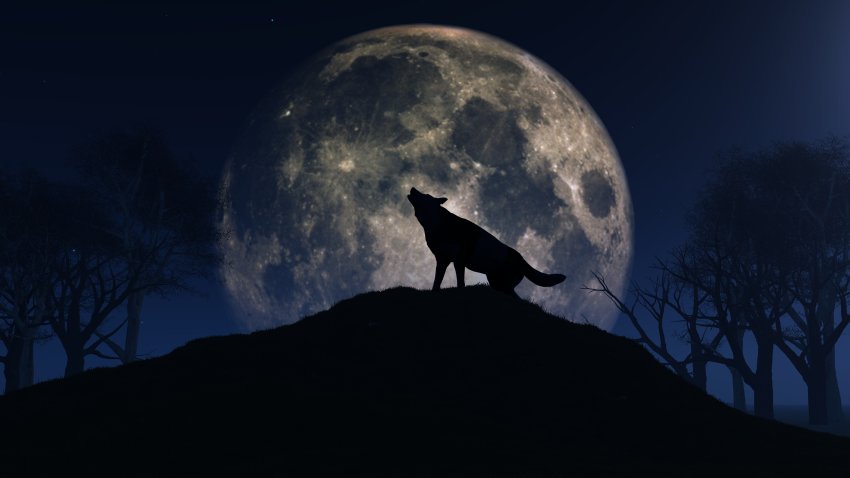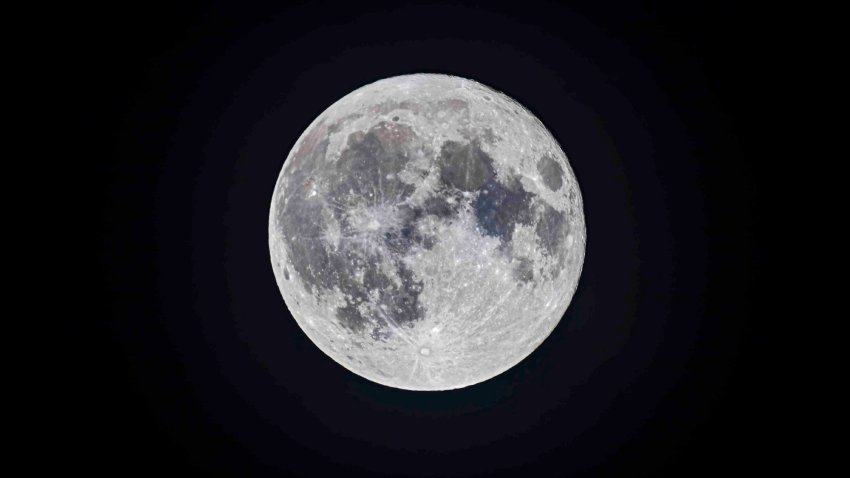-

Northern lights may be visible in some states on New Year's Eve
Stargazers may catch a glimpse of colorful auroras in several northern states on Monday and Tuesday.
-

The moon may be more than 100 million years older than previously thought, study finds
The moon may be more than 100 million years older than some scientists previously thought, according to a new study.
-

How to catch the Geminids, one of the strongest meteor showers of the year
The Geminids are among the few major meteor showers to come from asteroids, and this year they will peak on Friday.
-

Earth bids farewell to its temporary ‘mini moon' that is possibly a chunk of our actual moon
Earth is parting company with an asteroid that’s been tagging along as a “mini moon” for the past two months.
-

See the Beaver Moon Friday night, the last supermoon of 2024
Astronomers say better catch this week’s supermoon. It will be a while until the next one.
-

October's supermoon pairs with a once-in-a-lifetime comet for rare nighttime spectacle
The Tsuchinshan-Atlas comet is still in the neighborhood and will wow stargazers in the North Hemisphere after making an appearance in the Southern Hemisphere over the weekend.
-

A rare comet will brighten the night skies in October
A rare, bright comet will be visible in October, clear skies permitting. The comet will make its closest approach to Earth on Saturday.
-

Earth will have a temporary ‘mini moon' for two months
Earth will have a temporary “mini moon” for two months. The mini moon is actually an asteroid about the size of a school bus.
-

Catch a partial lunar eclipse during September's supermoon
Get ready for a partial lunar eclipse and supermoon. The spectacle will be visible in clear skies across North and South America Tuesday night and in Africa and Europe Wednesday morning. A partial lunar eclipse happens when the Earth passes between the sun and moon, casting a shadow that darkens a sliver of the moon. Since the moon will inch...
-

Here's how to watch a quartet of supermoons this year
The first of four supermoons this year rises next week and stargazers could catch a moon that can be 30% brighter than average.
-

August's supermoon kicks off four months of lunar spectacles. Here's how to watch
The first of four supermoons this year is about to rise. Stargazers can catch the first act Monday as the full moon inches a little closer than usual, making it appear slightly bigger and brighter in the night sky.
-

Mars and Jupiter get chummy in the night sky. The planets won't get this close again until 2033
Mars and Jupiter are cozying up in the night sky for their closest rendezvous this decade.
-

Rare double meteor shower event to peak on Tuesday
The Southern Delta Aquariid and the Alpha Capricornid meteor showers will both reach their peak on Tuesday. Here’s what you need to know about the shooting star event.
-

Two meteor showers will flash across the sky around the same time starting this week
There will be back-to-back meteor showers in late July. The Southern Delta Aquariid meteor shower peaks early Tuesday. And this year, it will coincide with a second smaller meteor shower, the Alpha Capricornids. The Delta Aquariids occur every year in North America’s late summer.
-

Solar storm hits Earth, producing colorful light shows across Northern Hemisphere
An unusually strong solar storm hitting Earth produced stunning displays of color in the skies across the Northern Hemisphere, with no immediate reports of disruptions to power and communications.
-

A ‘devil comet' is set to swing by the sun and could be visible during the eclipse
A “devil comet” known for its occasional outbursts is currently visible in the night sky, and lucky stargazers may even be able to spot the celestial object during next month’s much-anticipated solar eclipse, according to NBC News.
-

What is the difference between an equinox and a solstice?
Mark your calendar because the seasons are changing! Here’s what you need to know about equinoxes and solstices.
-

Here's how and when to see the Snow Moon in New England this weekend
The “micromoon” full moon will be above the New England sky this weekend.
-

Where and when to see the Wolf Moon tonight — The first full moon of 2024
A Full Wolf Moon happens once a year. Here’s what to do so you won’t miss it.
-

‘Cold Moon,' the final full moon of 2023, set to rise in the night sky this week
The 13th and final full moon of 2023, also known as the “Cold Moon,” will shine bright this holiday season, just in time to ring in the new year.

